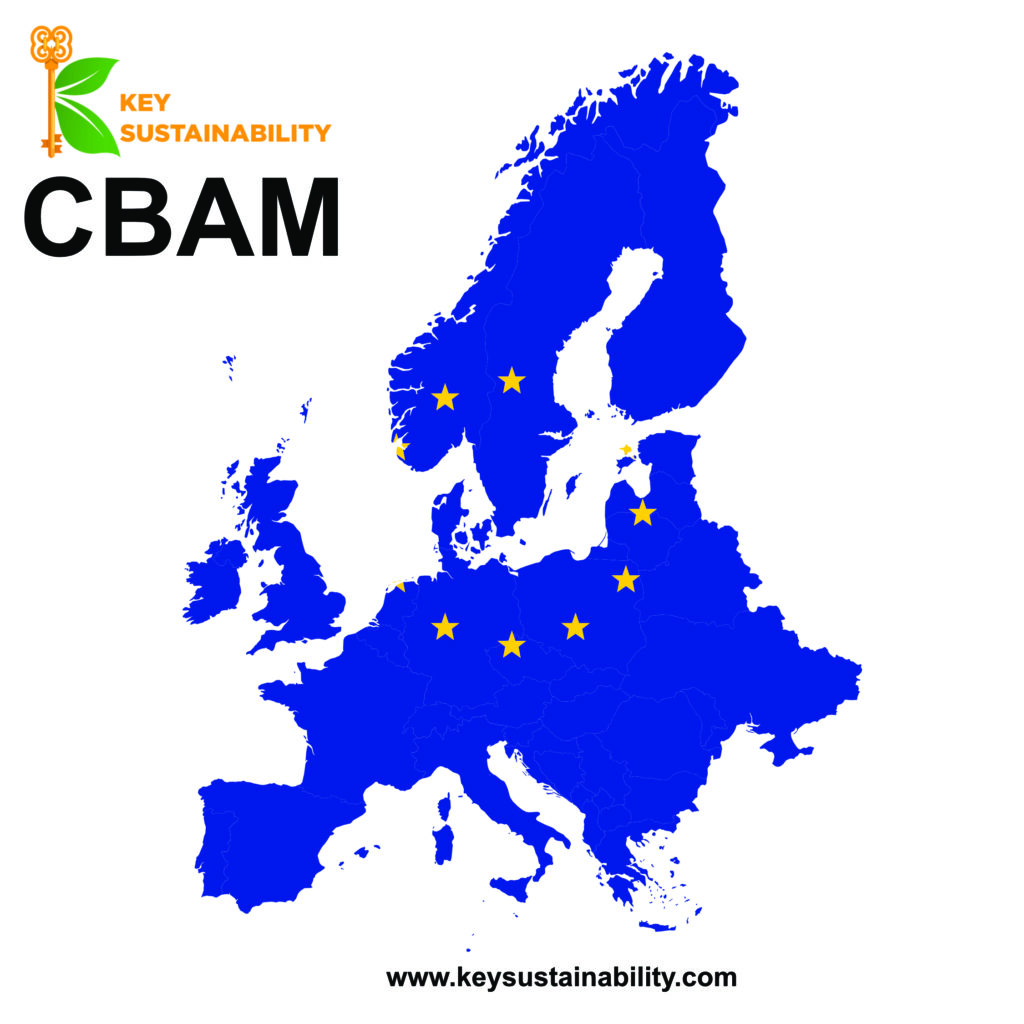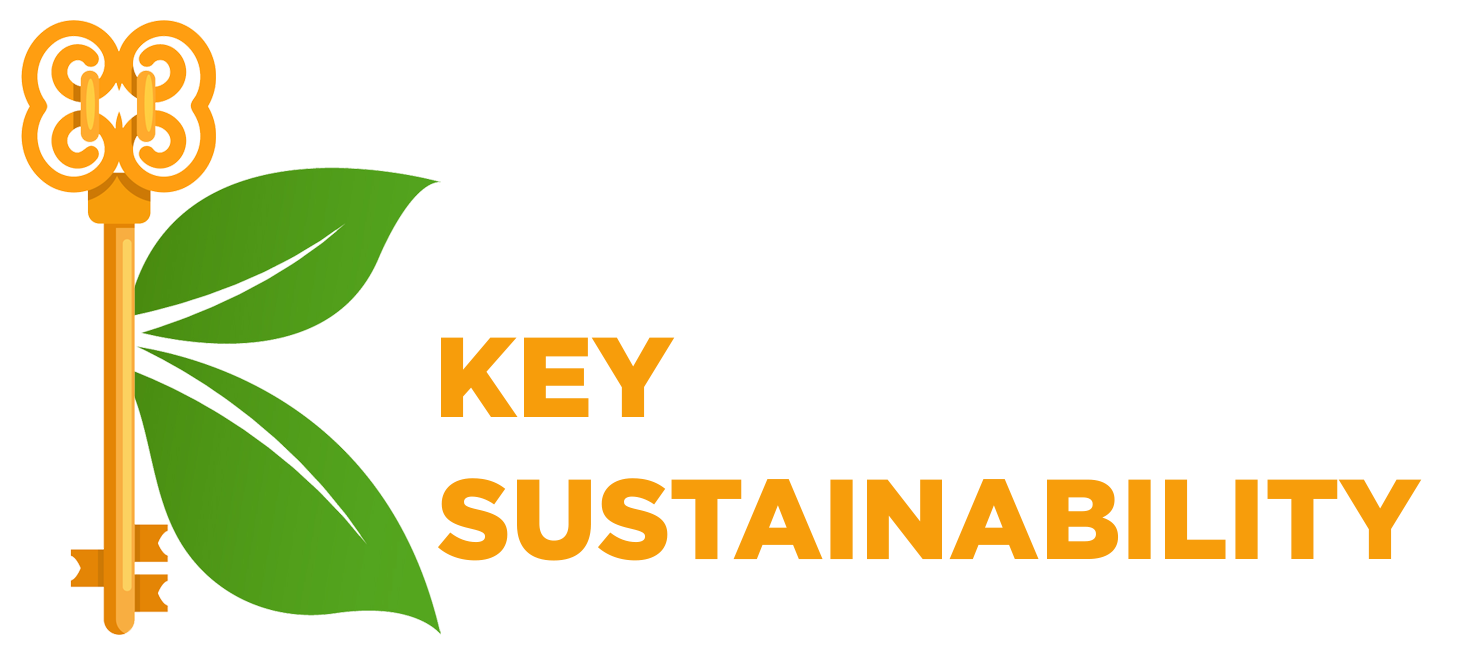We are leaders in providing tailored services for the EU Carbon Border Adjustment Mechanism.
The Carbon Border Adjustment Mechanism (CBAM) is the EU’s tool to ensure that the carbon price of imports is equivalent to the carbon price of domestic production. This mechanism aims to prevent carbon leakage and support the EU’s climate objectives.
We offer a range of CBAM services to help you meet the requirements – from accounting and gap assessments to verification.
Key Features CBAM:
- Fair Carbon Pricing: Ensures that imported goods are subject to the same carbon costs as those produced within the EU.
- Encourages Cleaner Production: Promotes the adoption of cleaner technologies and practices in non-EU countries.
- Compliance and Reporting: Importers must register with national authorities and report the emissions embedded in their imports.

What will organizations need to do?
From 1 October 2023 to 31 December 2025, organizations importing goods into the EU shall have to declare quarterly, the total volume of products imported and the quantity of emissions embedded within each product. This includes both direct (Scope 1) and indirect (Scope 2) emissions.
From 1 January 2026, obligated companies will need to purchase the equivalent number of CBAM certificates to cover these “embedded” emissions. If importers have a carbon price which is already paid during production, the tariff is likely to be exempted.
Why do we need CBAM?
The European Union aims to reduce emissions by at least 55% by 2030 and become climate neutral by 2050. To reach these goals, the EU has created a variety of climate change measures. One of the initiative is the EU Emission Trading System (ETS). The CBAM was created to address some of the issues in ETS.
Definition of ‘embedded emissions’
The regulation defines embedded emissions as the direct greenhouse gas emissions from the manufacturing of goods, calculated according to methods set out CBAM regulation. Direct emissions are those generated from activities a manufacturer owns or controls.
Obligations for importers:
- Register with national authorities
- Declare the number of imported goods and their embedded emission
- Obtain the necessary certificates
- Achieve compliance
Which industries and products need to meet CBAM requirements?
The CBAM regulation focus on imports of cement, iron and steel, aluminum, fertilizers, electricity and hydrogen for emissions of carbon dioxide, nitrous oxide and PFC’s. In the future, iron, steel, aluminum and hydrogen will be taxed for direct emissions. Cement, fertilizers and electricity will also be covered, and in the future taxed, for direct and indirect emissions.
CBAM Services We Offer:
- Impact assessment: Carrying out an impact assessment of CBAM on the product portfolio
- Consultation: Expert advice on how CBAM affects your business and how to comply with its requirement and develop the company strategy to comply in future.
- Registration Assistance: Guide companies in registering and purchasing CBAM certificates.
- Emissions Reporting: We provide these services for individual products and wider value chains, measuring and reporting the emissions of products being imported into the EU. Our team has expertise developing foot printing models and product footprints, which can be aligned to CBAM requirements
- Supplier engagement: We have experts across complex value chains helping companies work with suppliers assessing their carbon footprint and reducing their footprints
Get in touch with us to know more about the CBAM services (Carbon Border Adjustment Mechanism) send your queries to shridhar@keysustainability.com | +91-9740000662

